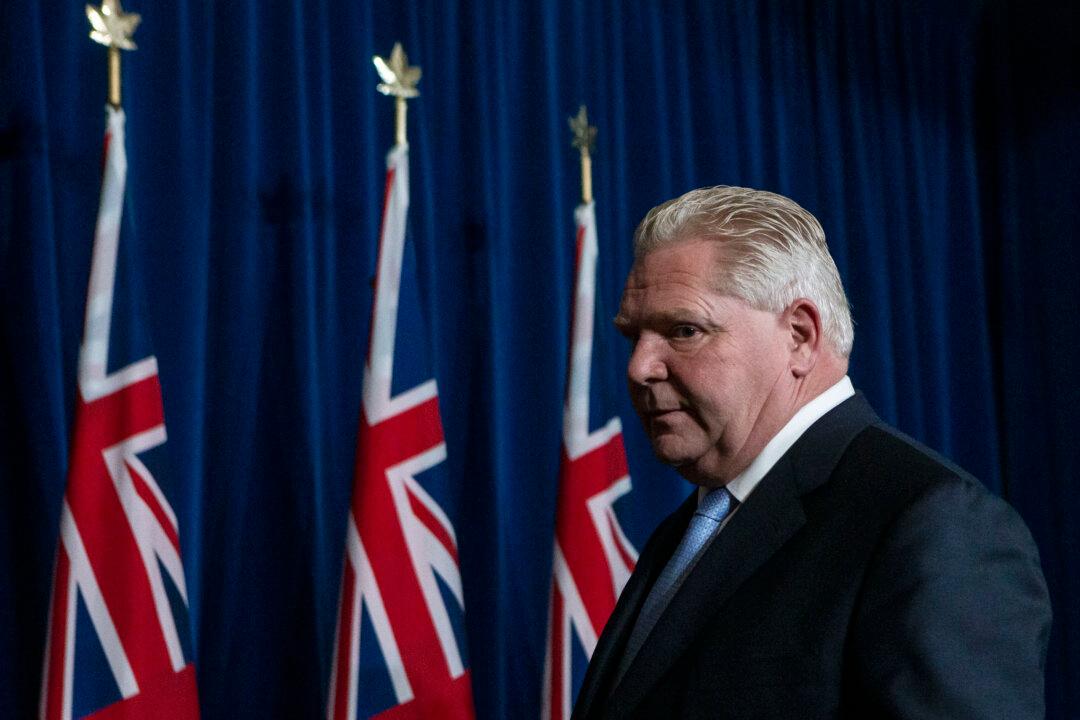Ontario Premier Doug Ford has lifted the province’s state of emergency previously declared in response to protests opposing COVID-19 mandates and restrictions.
Ford’s office said in a statement on Feb. 23 that the “emergency tools” provided to law enforcement would still remain in place for now, “as police continue to address ongoing activity on the ground.”





